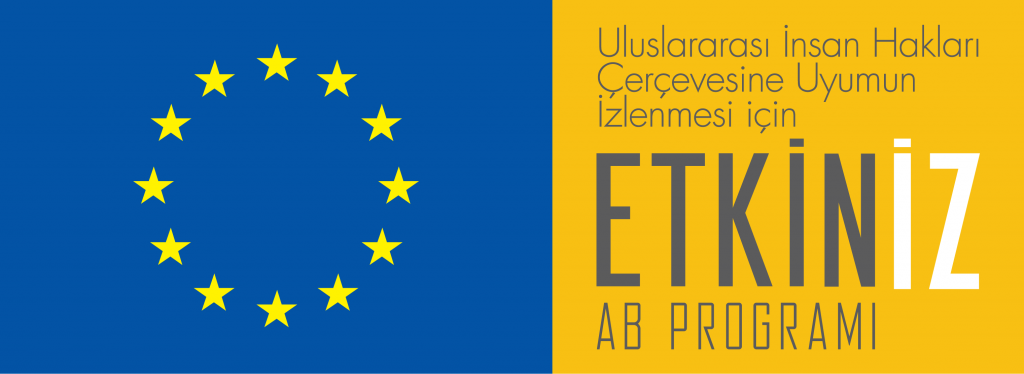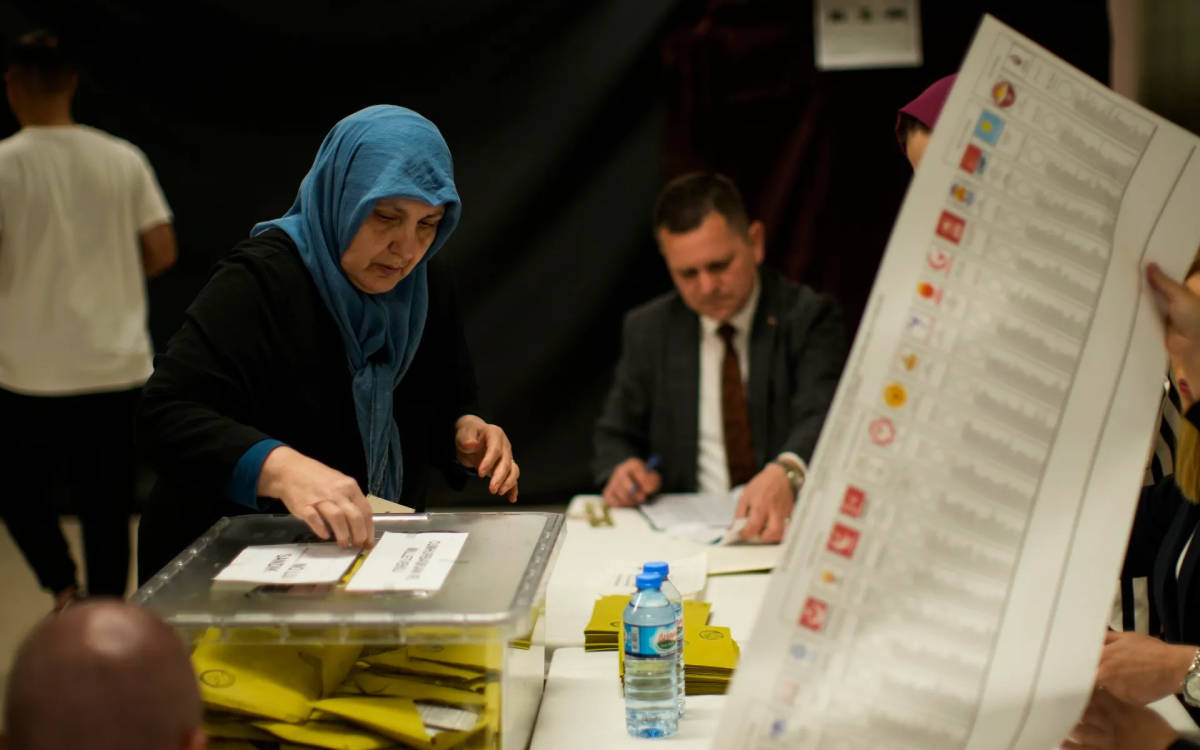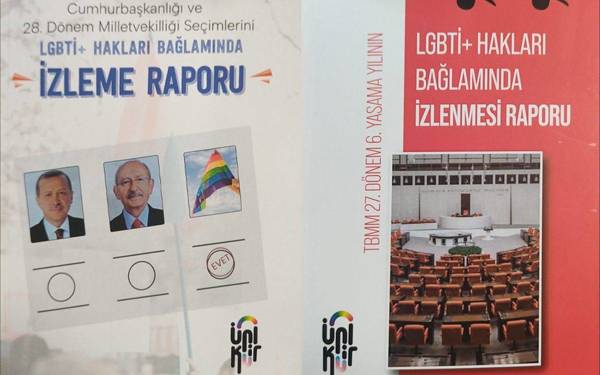The two-stage campaign process during the parliamentary and presidential elections in Turkey between April 24 and May 28, 2023 was examined in the study conducted by bianet and the IPS Communication Foundation within the scope of the "Etkiniz AB" program with financial support from the European Union. The main news bulletins of Halk TV, ATV News, and Habertürk channels, as well as Twitter posts containing selected keywords during the same period, were collected and subjected to discourse and content analysis using the "Natural Language Processing" (NLP) method.
A total of 72,754 sentences constituting the entire five-week bulletins of ATV Main News, Halk TV Main News, and Habertürk Main News were scanned in the analysis. 150 keywords related to 12 disadvantaged groups and two events were monitored, resulting in the examination of a total of 326,936 tweets. Additionally, content analysis was conducted by scanning the election declarations of the Justice and Development Party (AKP), the Nation Alliance, the Peoples Democratic Party (HDP) and the Green Left Party (YSP), and Worker's Party of Turkey (TİP) to enable comparisons.
In the news bulletins of three television channels, the most prominent agenda during the election period among the identified disadvantaged groups was "Kurds," "HDP Operations," "The Poor," and "Refugees." In the second round of the presidential election, "Refugees" took the lead by a significant margin. During discussions on these topics, a noticeable increase in negative and aggressive language was observed in the bulletins. Additionally, it was determined that aggressive language was more frequently used in ATV Prime News and Halk TV Prime News compared to Habertürk Prime News.
In the content analysis, it is noticeable that in ATV Prime News, in addition to topics related to "Erdoğan" and "President," the most frequent mentions include "Kılıçdaroğlu," "Terror," "HDP," and "CHP." This aligns with the AKP's election manifesto, which emphasizes themes like "terrorism," "threat," and "security." In this context, it appears that the language and content used in ATV news bulletins are the result of a more distinct strategy. This language seems to have become dominant in the 2023 elections.
The language of Halk TV Prime News bulletins is shaped by themes such as "Kılıçdaroğlu," "People," "President," "Erdoğan," "Turkey," and "Public." These bulletins predominantly cover themes that would be appealing to the constituents of the People's Alliance.
During the same period, the predominant topics on Twitter (X) were "Kurds," "Refugees," and "the Poor." These social media posts exhibited a notably higher level of negative and aggressive language compared to television bulletins. On Twitter (X), the topics "Kurds," "HDP," and "terrorism" were often mentioned together, and they were also associated with themes like "HDP PKK," "PKK FETÖ," "CHP HDP," "Kılıçdaroğlu," and "LGBT." It's worth noting that this content on Twitter aligns with the AKP Election Manifesto and the content of ATV Prime News bulletins.
Kurds, while being more prominently featured in news bulletins than in party manifestos, are subjected to a higher level of aggressive language in these reports. This aggressive language used in the media is reflected even more exaggeratedly on social media, becoming one of the sources that fuel polarization within society.
The use of the terms "pervert" and "perverts" in conjunction with the words "Afghan," "Syrian," "refugee," and "thief" on Twitter indicates a significant danger concerning refugees.
The topic of "poverty" is primarily brought to the forefront through media discussions on popular subjects like "minimum wage," "retirement pensions," and "civil servant salaries." However, the discussion of the issue over these themes results in the problems to be observed distant to more lasting solutions such as the distribution of income, the labor laws, the right to unionize or organizing.
While the rights of LGBTI+ individuals are not addressed by political parties except for TİP, they receive much more attention on social media. However, a significant portion of this discussion also involves negative and aggressive language.
The place of women and people with disabilities in the election agenda is quite remarkable. While party manifestos give special importance to both women and disabled individuals, there are very few discussions about the rights or violations related to women and people with disabilities in the news bulletins. The place of both groups in the social media agenda is also significantly below the emphasis given by the parties.
When we look at the news covered by the channels during the election process, it becomes apparent that the bulletins do not have their own unique agendas, and the entire agenda is determined by political parties. Therefore, issues like women's rights, poverty, minority rights, and others are almost not discussed during the election process. The political polarization that influences the media even prevents the issues outlined in the parties' own manifestos from becoming news.
The compilation and analysis processes of the report prepared by journalist and Istanbul Bilgi University lecturer Güventürk Görgülü were carried out using natural language processing and artificial intelligence technology, conducted by Summarify, a TÜBİTAK-supported initiative specializing in social media analysis (https://summarify.io/).(Click to access the report) Additionally, Summarify has developed a search engine that allows you to access the number of seconds in the three news bulletins where the desired keywords are mentioned. This also enables the examination of the context in which these concepts are used.

(PE)








.jpg)
